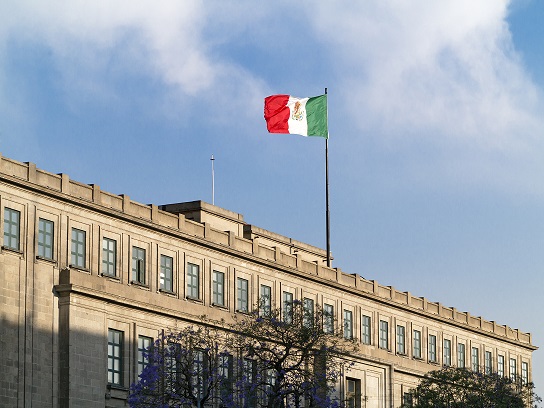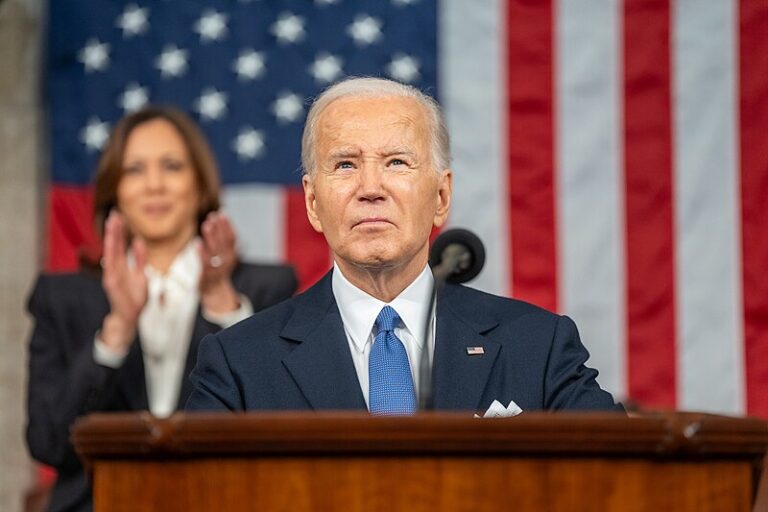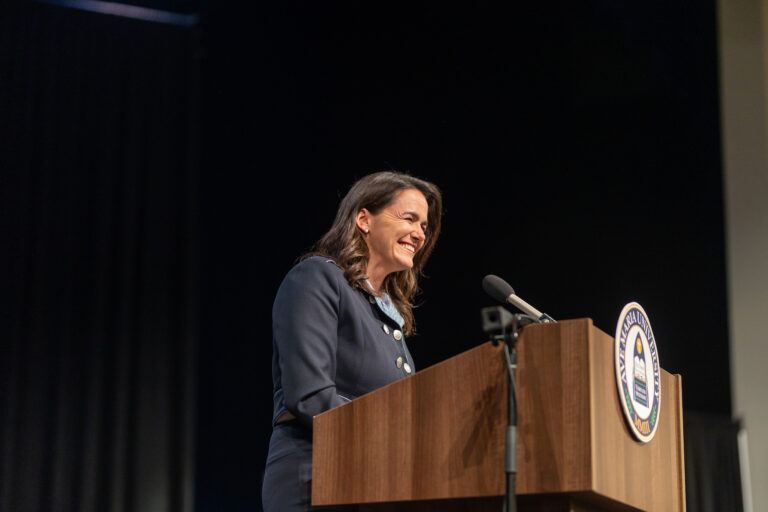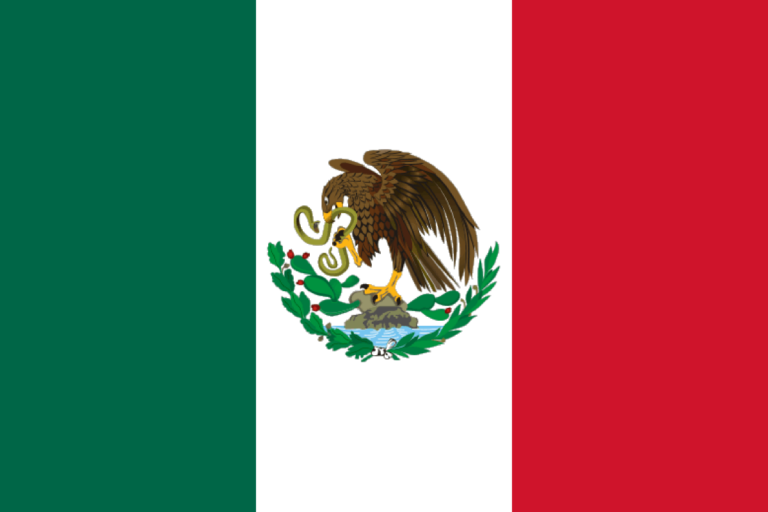Two recent sessions of Mexico’s Supreme Court of Justice of the Nation have sent a chilling message to pro-life advocates. While the Court routinely announces its decisions before its definitive opinion is made a matter of public record, the oral comments of its members during their deliberations on the two cases last week could indicate a serious weakening of Mexico’s long-standing opposition to abortion.
On September 7, the Court announced that it was annulling Articles 196 and 224, section II of the Penal Code of the State of Coahuila, extending the invalidity to portions of articles 198 and 199 of the same law.
Article 196 reads as follows:
“A sentence of one to three years of imprisonment will be imposed on the woman who voluntarily performs an abortion or on the person who performs the abortion with the consent of that woman.” [Case 148/2017, “Against article of the Criminal Code of the State of COAHUILA.”]
If confirmed in its published decision, the Court’s actions could impose “obligatory criteria for all of the country’s judges” to apply in such cases, said Court President Arturo Zaldívar. “From now on, you will not be able to, without violating the court’s criteria and the constitution, charge any woman who aborts under the circumstances this court has ruled as valid,” he added.
Justice Luis Maria Aguilar called the Court’s decision a “historic step…. Never again will a woman or a person with the capacity to carry a child be criminally prosecuted,” he said. “Today the threat of imprisonment and stigma that weigh on people who freely decide to terminate their pregnancy are banished.”
Ten of the Court’s eleven members were present at the session; all of them supported the decision.
Two days later, on September 9th, the Court ordered the elimination of Art. 4(a) of the Constitution of Sinaloa, which reads: “From the moment an individual is conceived, he enters under the protection of the corresponding law, until his death.” [Case 106/2018 and 107/2018, “Promoted by Deputies of the Sinaloa State Congress and the National Human Rights Commission.”]
Pending the publication of the Court’s final opinion of public record, the Sinaloa case might well indicate the Court’s annulment of the protection of the right to life from conception, implying that no state is empowered to grant such protection. Should this be the case, the ruling would represent a radical change of criteria from the Court’s previous rulings.
For instance, in 47 cases litigated from 2007 until 2020, the Supreme Court of Justice of the Nation had ruled in favor of respecting the sovereign power of the States to legislate on the protection of life.
In a similar action brought in the state of Veracruz by “Las Brujas Del Mar” [“The Witches of the Sea”] and other feminist groups, the Court decided in 2020 that it could not engage in matters outside its jurisdiction.
Twenty-two States in Mexico have laws prohibiting abortion, six states have found it unnecessary to address abortion in law, and abortion is decriminalized in three states and in Mexico City.
The Biden Administration Reaches Out to Mexico
Until now, pro-life forces in Mexico have focused their efforts on action in the various states. If the recent rulings of Mexico’s Supreme Court of Justice do in fact prove to have legalized abortion throughout the country, the efforts of pro-life groups will be radically challenged and transformed.
Some of these groups suspect that the Biden administration might have had a tangential impact on the Court’s recent rulings. On September 9th, the White House announced that the Biden Administration had reached an agreement with Mexican President Andrés Manuel López Obrador “to relaunch the U.S.-Mexico High-Level Economic Dialogue (HLED) in recognition of our broad strategic economic relationship.”
The language of the announcement resonates the Prime Mandate of the Biden Administration, shared by its dependable ally, the international pro-abortion movement: making abortion “safe, free, and legal” not only in the United States, but throughout the world.
For instance, the agreement aims for the “reduction of poverty and inequality,” a phrase often used by the pro-abortion movement as a codeword for abortion as an indispensable feature of “equal rights for women.”
Similarly, the agreement “promotes sustainable economic and social development.” In the language of the international “development” community, this phrase also embodies abortion as an indispensable ingredient.
For instance, under both Republican and Democrat administrations, U.S. foreign aid agencies require “family planning” to be included as a required component of any aid program in the developing world. Countries in the European Union spend tens of millions in Euros to population controllers in the developing world.
Under Democrat administrations since the 1990s, foreign aid programs have included millions of dollars of US taxpayer funding annually for international pro-abortion agencies and NGOs that seek to reduce the native populations of developing world countries.
A typical example has recently been in the news. During the U.S. military’s twenty years in Afghanistan, over a billion dollars of U.S. aid was spent on “social” programs focusing on “gender.” Billions more went to programs promoting “women’s rights.” Countless programs embodying these goals were administered in Afghanistan by pro-abortion nonprofits and consultants, all of them funded by the US taxpayer.
The Biden Administration will no doubt ensure that its efforts with Mexico will include them as well.
And it will have the strong support of international pro-abortion groups, who have for decades pursued efforts to limit Mexico’s population.
A Long-Standing Mantra of Population Controllers: “Too Many Mexicans!”
In 1984, Dr. Christopher Manion, Director of PRI’s Humanae Vitae Project, visited Mrs. Alice du Pont Mills at her estate in Middleburg, Virginia. A longtime board member of Planned Parenthood reaching back to her friendship with Margaret Sanger, the founder of Planned Parenthood, Mrs. du Pont Mills was worried about the wars then raging in Central America.
Ten years before, when the Vietnam war ended, some 10% of the Vietnamese population had become “boat people,” fleeing from communism and risking their lives — in fact, thousands of them died trying to escape.
In 1984, some 100 million people lived between the Rio Grande and the Panama Canal. And Mrs. du Pont Mills was determined to keep ten million of them from coming to the United States.
How was she was doing her part? Mrs. du Pont Mills was focused on Mexico.
Aware that it was illegal to sterilize immigrants once they were in the United States, Mrs. du Pont Mills told Dr. Manion that she was contributing heavily to sterilization clinics that were on the Mexican side of the US – Mexico border.
There, the poor Hispanic women coming towards the United States could be coaxed — often with money — to be conveniently mutilated without any untidy legal consequences.
Arriving at the border after an exhausting trek through the Mexican deserts, Hispanic women would congregate in border towns while waiting to find a way to cross the border.
That’s where Mrs. du Pont Mills came in. Her centers would offer a safe haven, a friendly face in a sea of strangers and uncertainty. And they offered “medical services,” always including the ultimate “safety” treatment — sterilization.
Safety indeed. Sure, the women could continue on into the States, where they would supply cheap labor. The key benefit was clear: they couldn’t reproduce.
For the population controllers, a great danger was prevented.
Mrs. du Pont Mills said this so matter-of-factly that she assumed that any American in his right mind would feel the same way.
Mexico’s Pro-Lifers Fight On
On September 8th, the Catholic Bishops Conference of Mexico issued a strong statement affirming the rights of all involved in the life of the unborn child. In it they argue that the Court is giving constitutional status to the notion that the “right to decide” of the mother is above the right to life of the child.
The bishops call for the protection of both lives: that of the mother and that of the child. For this reason, they deeply regret the Court’s decision, which implies a “discrimination of the human being because of its gestational stage, placing the unborn child as if it were a legal good” that may not be protected. The bishops point out that this path is dangerous:
We live in a time of great social challenges and, as Pope Francis said, of “broader social pathologies such as the distorted view of the person, a view that ignores his dignity […] that fosters a throwaway culture.” This requires us to work together for the common good, for human dignity and for the fundamental rights of all people, regardless of their condition.
The subject matter of the debate held in the Supreme Court in recent days deserves a renewed commitment from all political actors, the academic community, churches, and civil organizations to guarantee the protection of women in all circumstances, pregnant or not, while respecting the human right to life of both the mother and the unborn child.
Mexico’s pro-life leaders also spoke up.
In a statement sent to ACI Prensa, the National Front for the Family disagreed with the court’s ruling:
“The ministers of the Supreme Court of Justice of the Nation were not congruent and respectful of their own rulings, since the states of the country and their congresses enjoy, by constitutional mandate, freedom to legislate in areas of their competence and in matters not reserved for the Federation,” it said.
The National Front for the Family added that “today the reforms in favor of the right to life that have a legal basis, recognized nationally and internationally and are protected in national treaties, conventions, and national norms, such as the Universal Declaration of Human Rights, the American Convention on Human Rights, the Convention on the Rights of the Child, and the Political Constitution of the United Mexican States itself, were violated.”
Rodrigo Iván Cortés, president of the National Front for the Family observed that a solid majority of Mexicans support the right to life.
“The recognition of the right to life from conception does not violate women’s rights or jeopardize their safety; on the contrary, it protects them,” he said.
Marcial Padilla, director of the pro-life platform ConParticipación, agreed that this “is a sad day in the history of Mexico.”
“On this day, the Supreme Court of Justice of Mexico carried out the greatest injustice, the supreme injustice, which is to take away the protection of the law from children before they are born.”
Padilla also said that “we will also have to begin to identify strategies to find what protection we can give our children before they are born.”
The Center for Advanced Social Research (CISAV) in Mexico issued a statement declaring that legalizing abortion “erodes the foundations of the rule of law, distorts the concept and practice of human rights, and undermines the common good…. Induced abortion will never be a moral choice, nor a legitimate one.” It concludes by clearly defining the moral issue at hand: “It would be regrettable to institutionalize violence against the weak with the protection of the law.”











